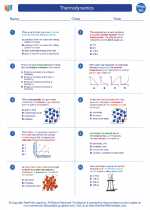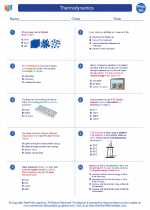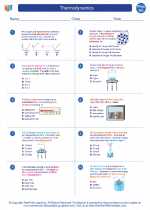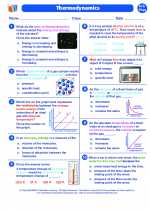Nuclear Weapons
Nuclear weapons are explosive devices that derive their destructive force from nuclear reactions, either fission (fission bombs) or a combination of fission and fusion (thermonuclear bombs). These reactions release an enormous amount of energy from relatively small amounts of matter, leading to devastating and widespread damage.
How Nuclear Weapons Work
Nuclear weapons function through the release of energy from the nucleus of an atom, either through fission or a combination of fission and fusion. In fission bombs, the nucleus of an atom is split into two or more smaller nuclei, releasing a large amount of energy. In thermonuclear bombs, the energy from fission is used to trigger a fusion reaction, where two light nuclei combine to form a heavier nucleus, releasing even more energy.
Impact and Effects
The detonation of a nuclear weapon can have devastating effects, causing widespread destruction, fires, and radiation exposure. The immediate impact includes a blast wave, thermal radiation, and ionizing radiation. The long-term effects of nuclear weapons also include environmental contamination and health issues due to radiation exposure.
Study Guide
- Nuclear Reactions: Understand the processes of nuclear fission and fusion and how they release energy.
- Types of Nuclear Weapons: Differentiate between fission and thermonuclear bombs and understand their mechanisms.
- Effects of Nuclear Explosions: Study the immediate and long-term effects of nuclear detonations on the environment and human health.
- History and International Relations: Explore the historical development of nuclear weapons and their impact on global politics and international relations.
- Ethical and Moral Considerations: Discuss the ethical implications of nuclear weapons and the responsibility of their use.
◂Physics Worksheets and Study Guides High School. Thermodynamics

 Worksheet/Answer key
Worksheet/Answer key
 Worksheet/Answer key
Worksheet/Answer key
 Worksheet/Answer key
Worksheet/Answer key
